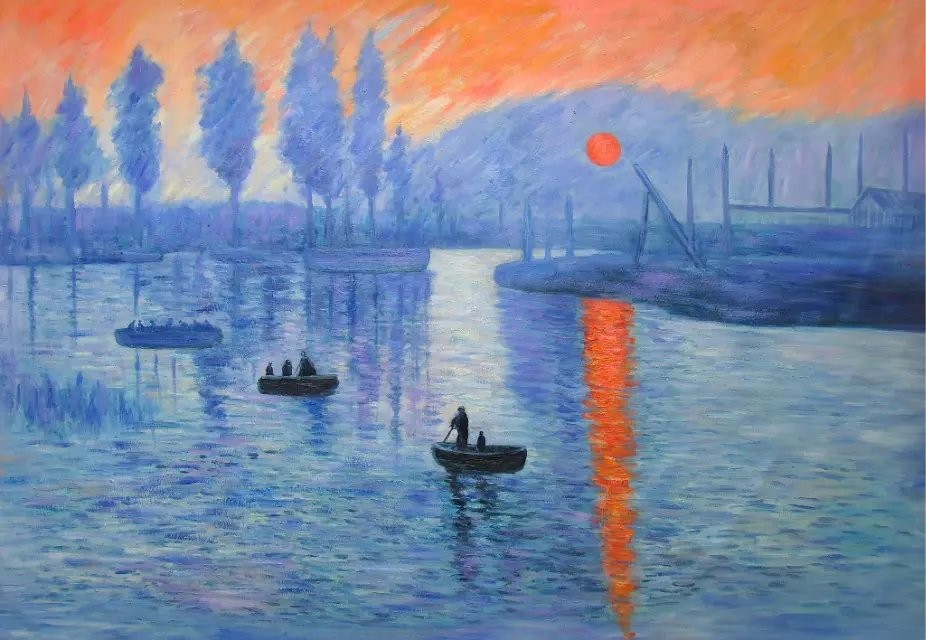Spiritual Sunday
While it’s hard to survive difficult times, it’s also hard to open ourselves to those moments when things get better. That’s the position that we find ourselves in at the moment. While Covid continues to ravage us and we witness acts of white supremacist terrorism, we also see the prospect of mass vaccinations and a Joe Biden presidency. “After we’ve lain in the dark crying out/ O God, save us from the horror…,” in “The Love of Morning” Denise Levertov observes observes it’s hard “to drag ourselves back to the love of morning.”
To be sure, it’s less difficult if that morning is a beautiful spring day and “we wake to birdsong.” We have no doubt in those moments that “God has saved the world one more day/ even with its leaden burden of human evil.” But what if the morning is gray and overcast? What if, rather than experiencing “morning in America” (to quote Ronald Reagan) or “hope and change” (Barack Obama), we discover that recovering from the Trump years is a painful slog? What if, to quote from Levertov’s “Oblique Prayer,” we find ourselves in a world that lacks “clear outlines,
the air
heavy and thick
the soft ground clogging
my feet if I walk,
sucking them downwards
if I stand.
The contrast between a sunny day and a gray one reminds me of Ralph Waldo Emerson’s challenge in his essay “Nature.” We shouldn’t rely on “the sun or the summer alone,” he tells us, for “every hour and season yields its tribute of delight”:
Crossing a bare common, in snow puddles, at twilight, under a clouded sky, without having in my thoughts any occurrence of special good fortune, I have enjoyed a perfect exhilaration. Almost I fear to think how glad I am.
So yes, it will be hard “to love again,” just as it is hard for an abused partner to love again. Nevertheless, the morning “calls us, calls us,” and it is up to us to listen to “our own hunger, the dear tasks of continuance, the footsteps before us in the earth’s beloved dust.” It is up to us to overcome our sloth and to follow.
The Love of Morning
It is hard sometimes to drag ourselves
back to the love of morning
after we’ve lain in the dark crying out
O God, save us from the horror. . . .
God has saved the world one more day
even with its leaden burden of human evil;
we wake to birdsong.
And if sunlight’s gossamer lifts in its net
the weight of all that is solid,
our hearts, too, are lifted,
swung like laughing infants;
but on gray mornings,
all incident—our own hunger,
the dear tasks of continuance,
the footsteps before us in the earth’s
belovéd dust, leading the way—all,
is hard to love again
for we resent a summons
that disregards our sloth, and this
calls us, calls us


